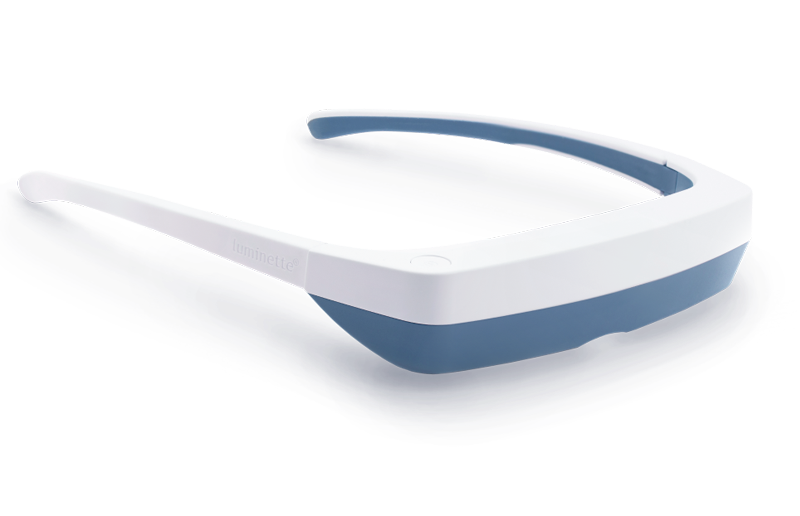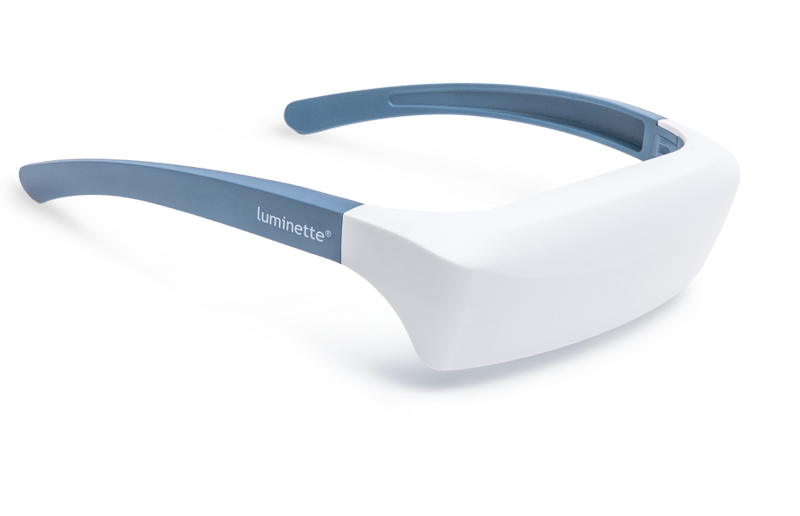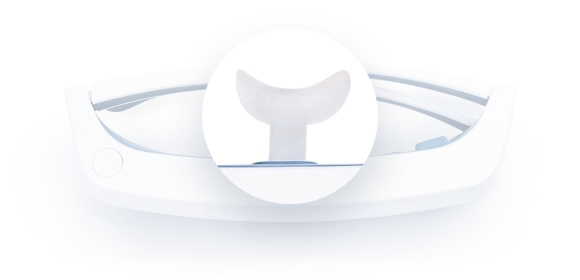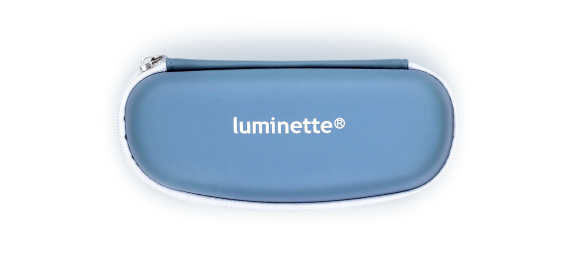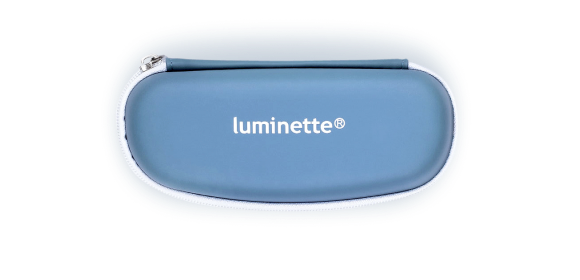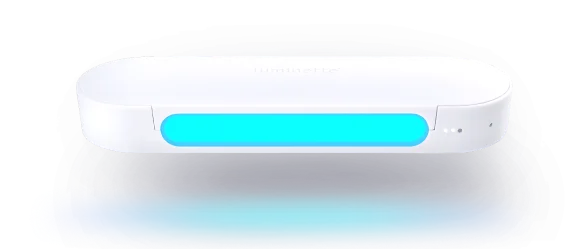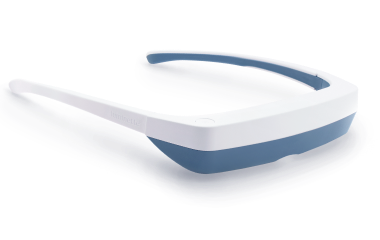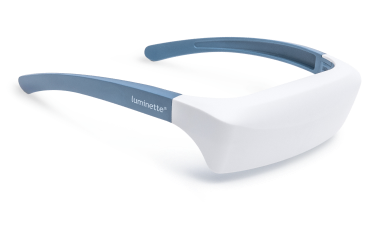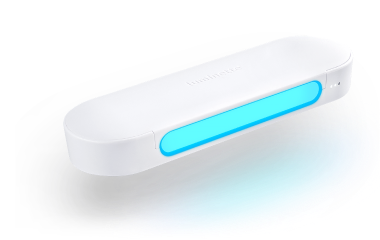In our pursuit of optimal health and well-being, we often overlook a powerful and omnipresent influence on our bodies—light. This radiant energy, taken for granted by many, plays a pivotal role in our daily lives, impacting everything from sleep patterns to mental health. For health enthusiasts and wellness seekers alike, understanding light's interaction with our bodies can unlock new paths for enhancing both physical and mental well-being. This article delves into the numerous ways light affects us, supported by scientific insights and practical applications.
Chronobiology teaches us that circadian rhythms are vital, with the day/night cycle being a primary synchronizer of our biological clock. As night falls, diminishing light signals the onset of the sleep phase; our bodies, via the suprachiasmatic nucleus, begin secreting melatonin, prompting us to sleep. Conversely, with the arrival of daylight, increased light signals the start of the wakeful phase. Melatonin secretion ceases, while awake-promoting hormones like cortisol and serotonin are activated.

Beyond regulating our biological rhythms, light has a proven physiological impact on the body. Recent studies have demonstrated that exposure to light of sufficient intensity and quality can enhance mood and boost cognitive functions, such as memory, alertness, reaction times, and intellectual capabilities.
The Importance of Light in Our Lives
Light is more than just a means to illuminate our surroundings; it is a fundamental component of life itself. From guiding our daily routines with the sunrise to influencing our moods and energy levels, light dictates a substantial portion of our life experiences. Historically, humans have evolved under the cyclical patterns of natural light and darkness, honing biological processes that are synchronized to these rhythms. Today, as we increasingly live in artificial environments, re-establishing a connection with natural light can be pivotal in promoting health and vitality.
Overview of Light's Effects on the Body
Our bodies are incredibly responsive to light, which triggers a cascade of biological responses. These responses regulate important bodily functions such as sleep-wake cycles, hormone production, and mood regulation. Disruption in these processes, often caused by inadequate or inappropriate exposure to light, can lead to various health issues. In essence, light acts as a master regulator, with the potential to either enhance or hinder our health depending on how we manage our exposure to it.
Light and Human Physiology
Light profoundly impacts human physiology, with its effects extending into nearly every aspect of our health and well-being.
How Light Influences Circadian Rhythms
Circadian rhythms are the body's internal clock, regulating the sleep-wake cycle and other processes. Exposure to natural light, especially blue light, synchronizes these rhythms with the day-night cycle. Morning light signals the brain to be awake and alert, while diminishing evening light prepares the body for rest. Disruption through inadequate or mistimed light can lead to sleep disorders and other health issues.
The circadian rhythm is a natural process that regulates the sleep-wake cycle every 24 hours. Light is a key cue, especially natural light, which resets this cycle daily. Specialized retinal cells detect light and send signals to the brain's suprachiasmatic nucleus (SCN), managing melatonin release—a hormone that promotes sleep in low light.
Research shows morning bright light exposure synchronizes the circadian rhythm for a stable sleep-wake cycle. However, evening blue light from screens can delay melatonin production, making it harder to fall asleep.
|
Time of Day |
Light Type |
Effect on Circadian Rhythm |
|---|---|---|
|
Morning |
Bright/Natural |
Boosts alertness, aligns circadian clock |
|
Evening |
Dim/Warm |
Prepares body for sleep |
|
Night (Artificial Light) |
Blue Light |
Delays sleep onset, disrupts melatonin |
Effects of Light on Mood and Mental Health
Light also plays a significant role in regulating mood and mental health. Sunlight exposure prompts the release of neurotransmitters like serotonin, which enhance mood and promote feelings of well-being. Limited exposure to natural light, particularly during the darker months, can lead to seasonal mood swings. Conversely, strategic exposure to bright light can help improve mood and reduce feelings of anxiety and sadness, underscoring the need to harness light effectively in our daily lives.
Luminette 3 light therapy glasses are innovative eyeglasses designed to allow you to enjoy a light therapy session while engaging in your regular activities. Unlike traditional therapy lamps, Luminette 3 eyeglasses feature an artificial light source that directs a safe light beam into your eyes without causing any dazzling effect or obstructing your clear vision.
To use them, simply wear the eyeglasses and press a button to activate the light, and your phototherapy session begins. These glasses are user-friendly and compatible with those who wear prescription glasses or contact lenses, ensuring no disruption to vision or comfort.
Therapeutic Uses of Light
Harnessing the power of light for therapeutic purposes is not new but has gained traction as an effective adjunct to conventional treatment strategies.
Light Therapy for Seasonal Mood Swings
Light therapy is a popular treatment for seasonal mood swings, utilizing bright light to mimic natural sunlight and trigger beneficial physiological responses. Patients sit in front of a light therapy box that emits full-spectrum light, which helps alleviate symptoms by resetting circadian rhythms and boosting serotonin levels. Research shows that consistent use of light therapy can significantly improve mood and overall mental health, offering a noninvasive solution for those affected by seasonal mood swings.
The Impact of Artificial Light
Despite the benefits of natural light, our modern lifestyles often involve significant exposure to artificial light. While necessary for productivity and safety, these sources of light can negatively impact our health when not managed correctly.
Light Therapy Lamp Drive is an innovative light therapy lamp designed for busy individuals, allowing you to conveniently conduct your phototherapy session while on the road. This device is ingeniously crafted to attach seamlessly to the sun visor of your vehicle. With a simple flip of a switch, it provides an effective light therapy session as you drive to your destination.
For those who find themselves spending at least 20 minutes behind the wheel each day, Drive is a perfect companion, offering a unique solution to integrate wellness into your daily routine. This is especially advantageous for individuals who embark on long night drives, as it helps to counteract the effects of darkness and fatigue.
Effects of Blue Light from Screens
The widespread use of digital devices exposes us to high levels of artificial blue light, which can disrupt natural circadian rhythms and lead to digital eye strain. Unlike natural blue light, which is beneficial during the day, prolonged exposure to artificial blue light, particularly at night, can interfere with the production of melatonin, the hormone responsible for sleep. Limiting screen time before bed and using blue light filters can mitigate these adverse effects.
Disruption of Sleep Patterns
Artificial light exposure, especially at night, can significantly disrupt sleep patterns. The prevalence of bright indoor lighting and screen use confuses the body's internal clock, delaying sleep onset and reducing sleep quality. Creating an evening routine that minimizes artificial light exposure and promotes the natural release of melatonin can improve sleep quality and overall health. Simple strategies include dimming lights in the evening and avoiding electronic devices at least an hour before bedtime.
FAQ
How does light influence our circadian rhythms?
Light serves as a key regulator of circadian rhythms. Morning exposure to natural light helps synchronize the body's internal clock, while nighttime exposure to artificial light can disrupt sleep patterns.
What are the physiological effects of natural light exposure?
Natural light elevates serotonin levels, enhances mood, and improves sleep quality by regulating melatonin production. It also facilitates vitamin D synthesis.
How can light therapy benefit mood and mental health?
Light therapy, commonly used to treat seasonal mood swings, boosts serotonin production, thereby enhancing mood and alleviating unpleasant symptoms.
What impact does artificial light have on sleep quality?
Exposure to artificial light, especially blue light from screens, can delay melatonin release, making it difficult to fall asleep and diminishing sleep quality.
How does blue light from screens affect our bodies?
Blue light increases alertness, which is beneficial during the day. However, nighttime exposure can disrupt sleep by affecting melatonin production.

Discover what role light plays on the body
with Roland Pec - sleep specialist and chrono-therapist
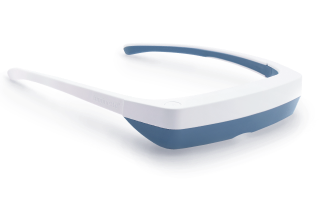
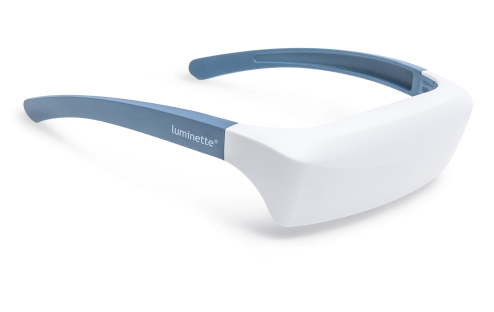
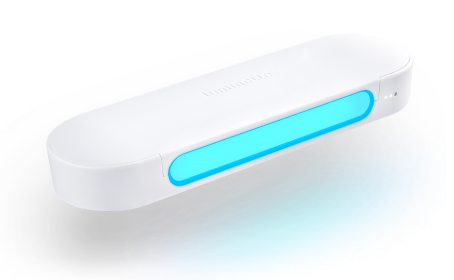
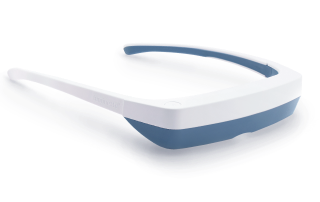
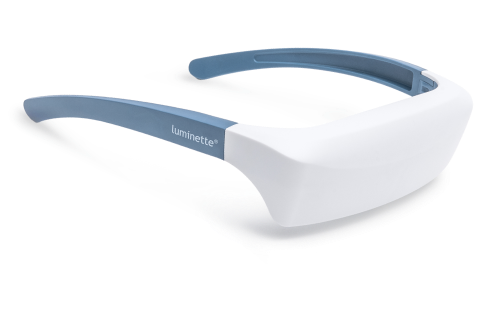
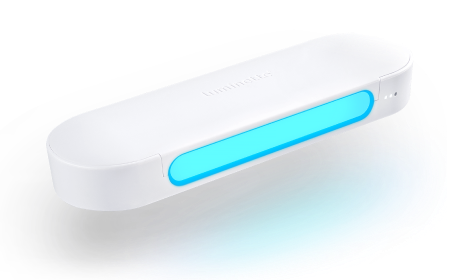
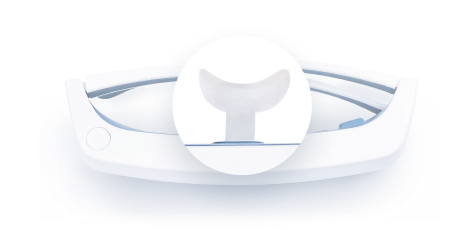
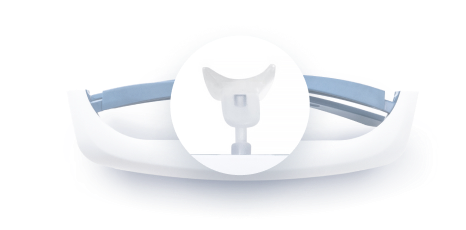

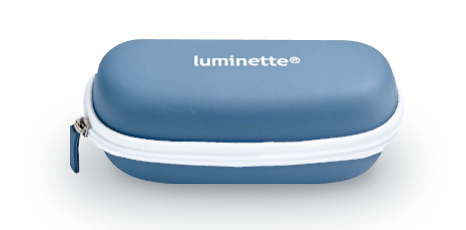
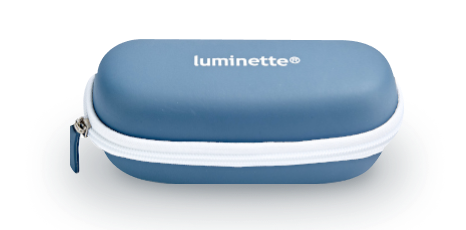











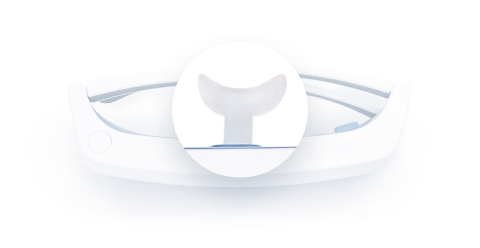
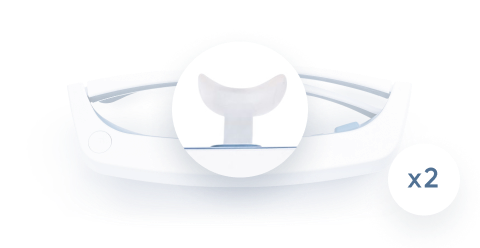
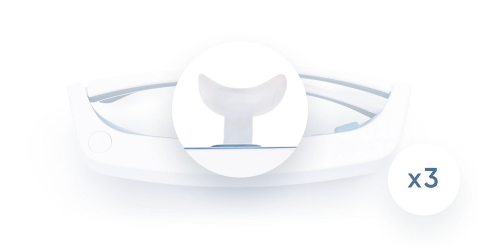
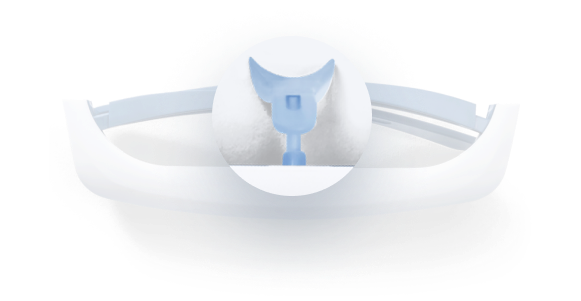
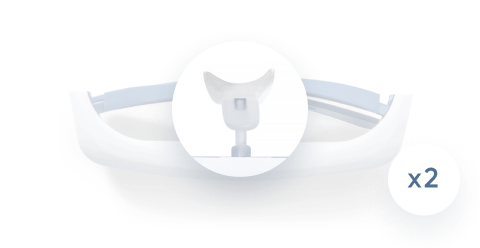
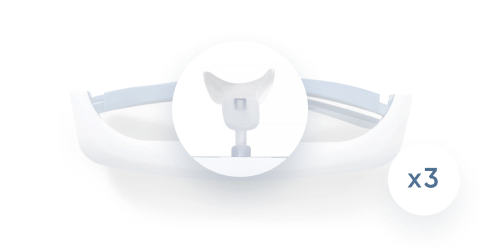
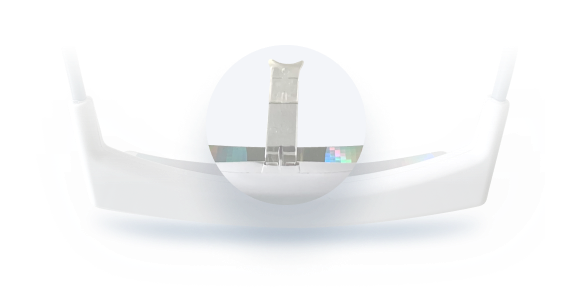


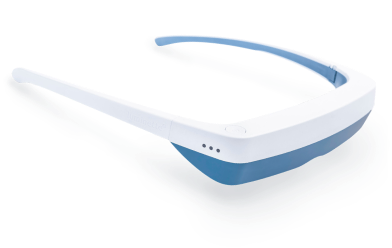
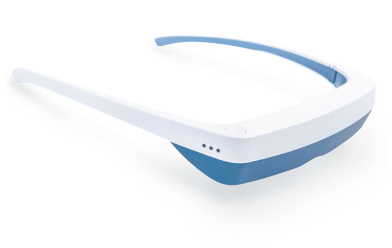
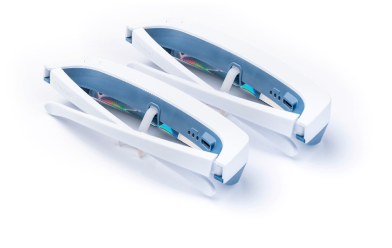





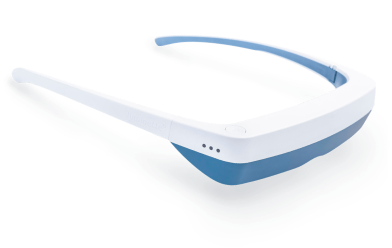
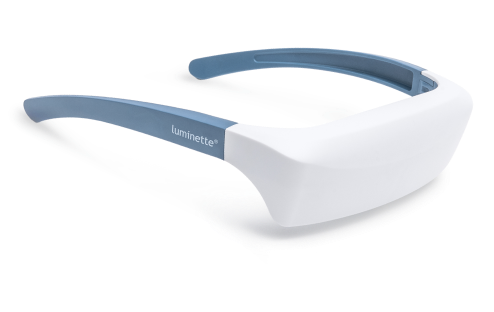
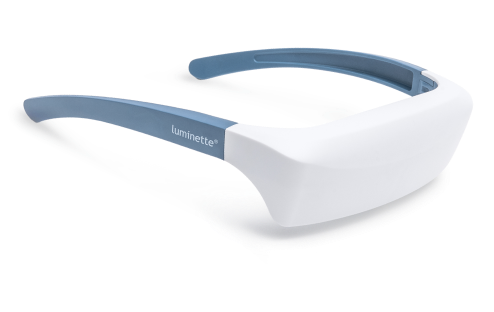
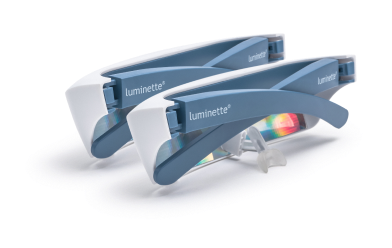
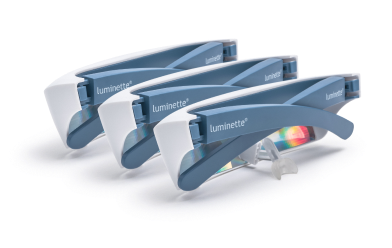
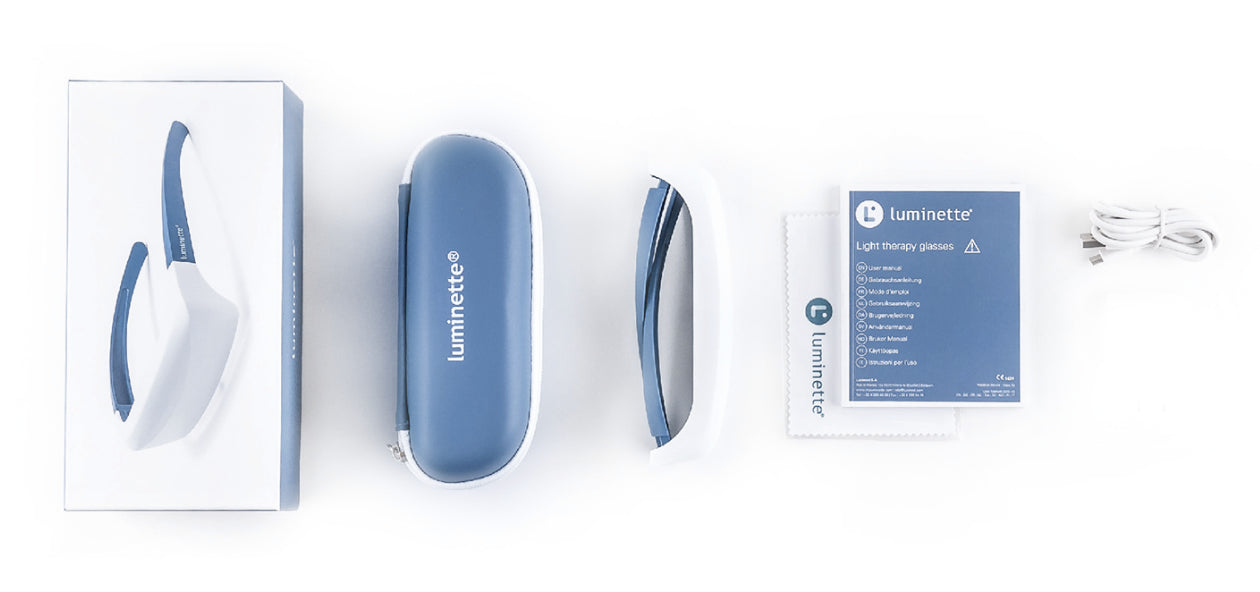
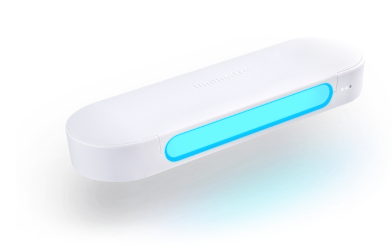
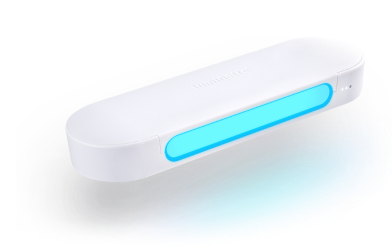
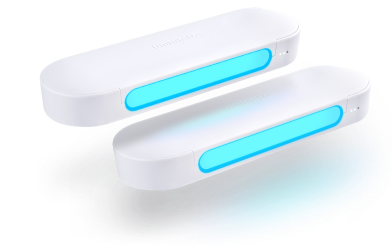
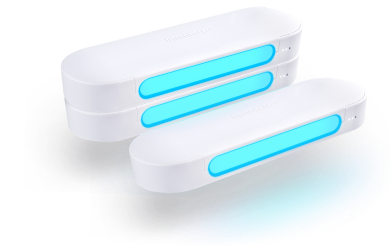
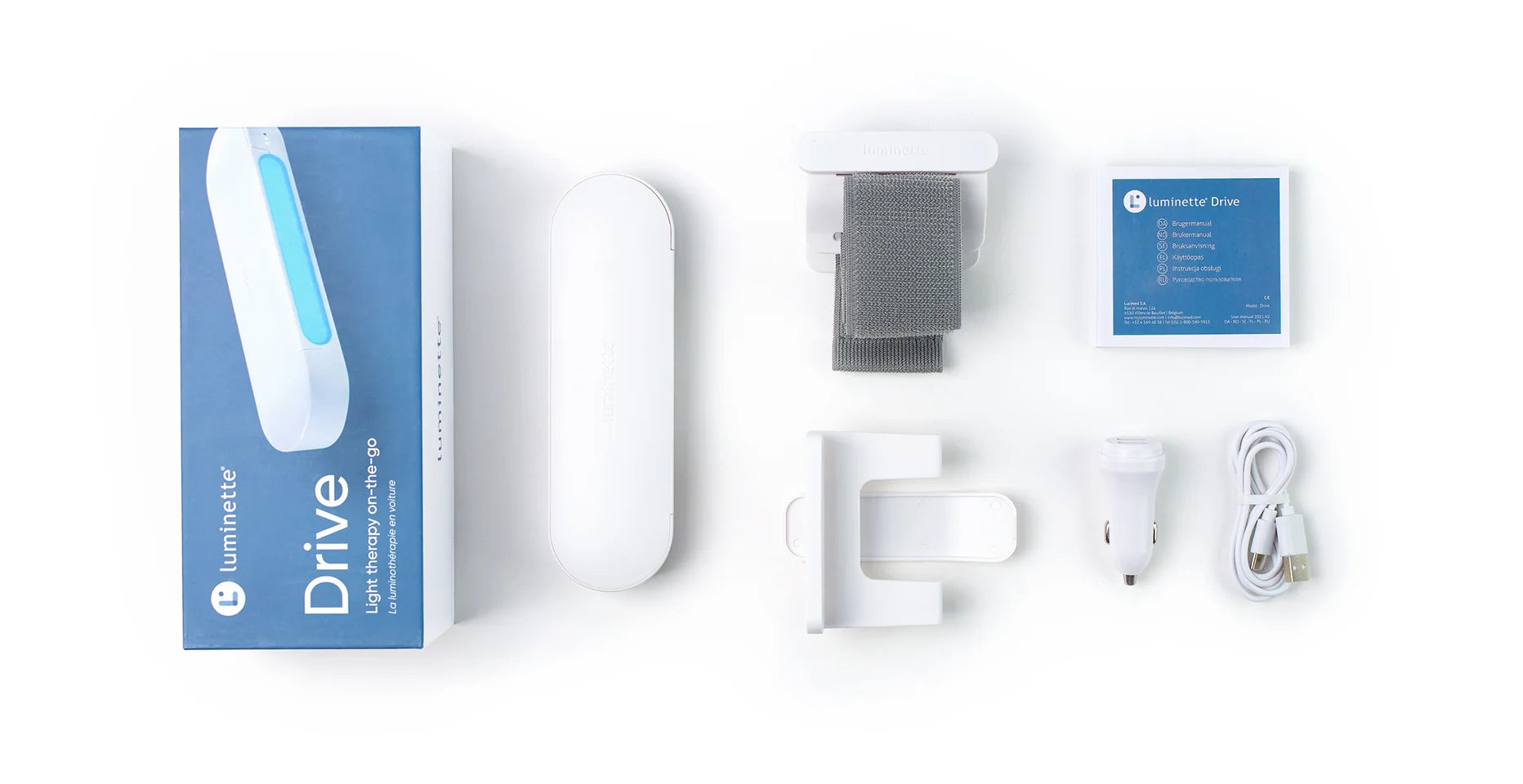

 Please note
Please note


